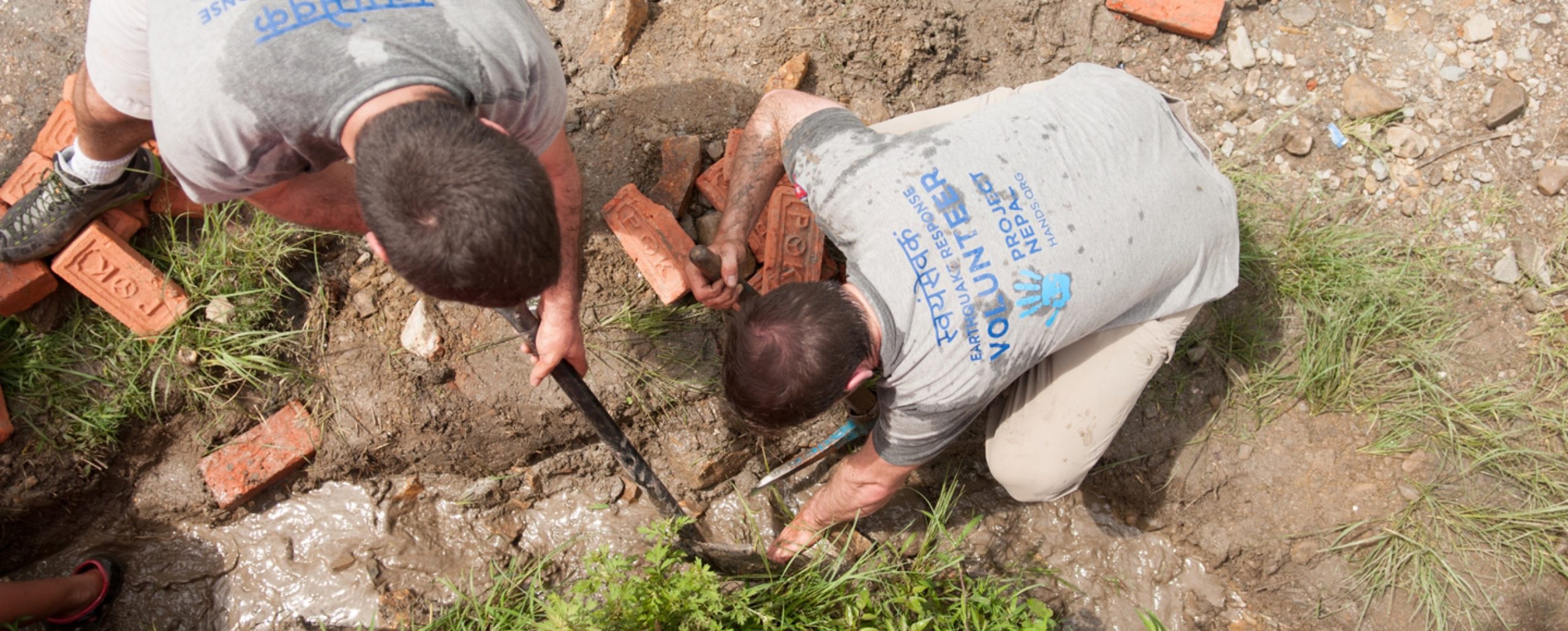Google, Facebook, Twitter Working To Stop Spread Of Misinformation About Coronavirus
Google, Facebook, Twitter Working To Stop Spread Of Misinformation About Coronavirus

Google, Facebook and Twitter want to stop the spread of misinformation about the Coronavirus to provide those searching for answers with accurate and helpful information. So each have created a plan.
While Google created an SOS Alert for Coronavirus in search engine queries that provides information on conditions and advisories, Facebook announced plans to flag and remove false information. Twitter said it would prompt users to other sites.
In Google query results, searchers will see a list of Top Stories in a carousel from major news publications.
Local updates come next, with a list of Help and Information advisories from the World Health Organization.
The search engine will do this in a crisis event where public safety might be at risk. A “sharing” icon on the right-side of the header will appear, which generates a link to share the Google search page with the special alert.
For Google SOS Alerts, the content comes from government agencies, first responders, trusted media outlets, and nongovernmental organizations. Google also aggregates information from its other products and services, such as Google News, Google Maps, Waze, and more.
Google-owned YouTube will promote videos from credible sources when people search for information in clips.
On Thursday the WHO declared the Coronavirus a public health emergency of international concern. To support the organization’s efforts, Facebook said it would use its network of third-party fact-checkers to review content and debunk false claims.
When fact-checkers rate information as false, Facebook will limit the spread of information on Facebook and Instagram, as well as serve up accurate information in its place. The company said it also will send notifications to people who have shared or are trying to share this content to alert them that it has been fact-checked. Facebook said it will also use this method to stop the spread of misinformation on Instagram.
Twitter earlier this week said it would prompt users who search for information about the coronavirus to first visit official sites that host information about the illness. In the United States, Twitter directs users to the Centers for Disease Control and Prevention.
And while I find it admirable that the three want to provide accurate information, perhaps the companies could use this same plan to stop the spread of misinformation on other topics, including political agendas and vaccinations. These companies seem to fixate on certain topics. They focus on some important issues, but cannot be bothered when it comes to others.
(3)


